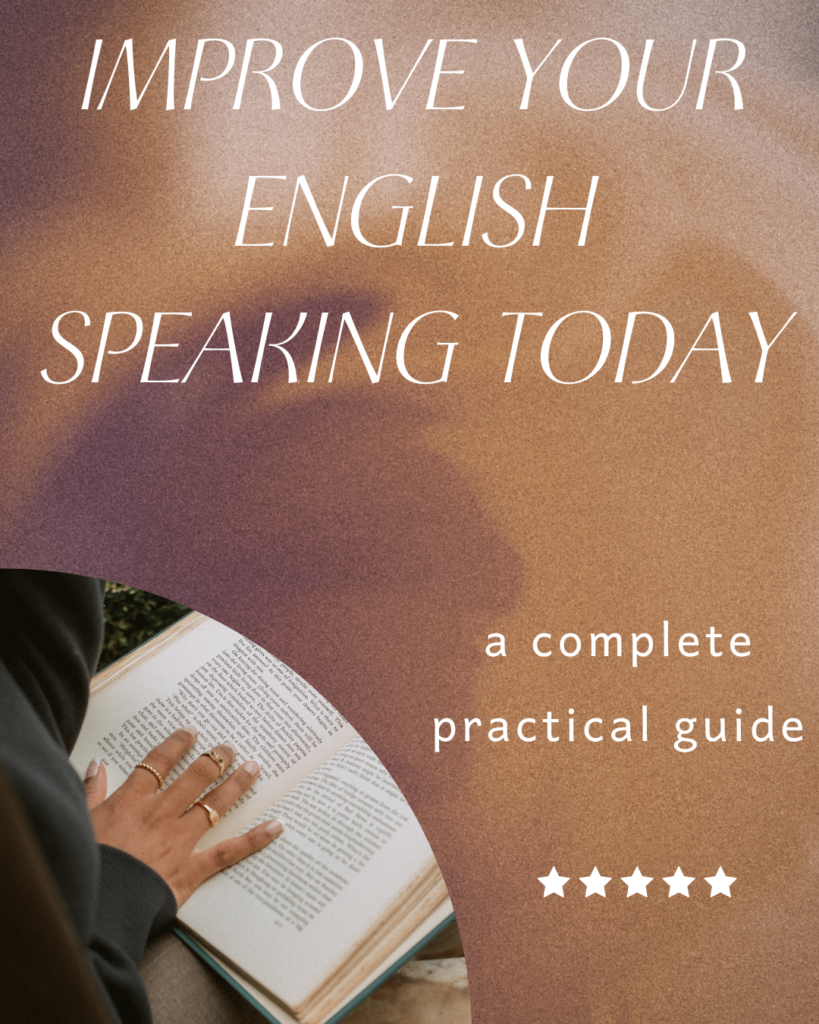Understanding Articles in English Grammar: A Comprehensive Guide
Articles are a fundamental part of English grammar and play a crucial role in defining and specifying nouns. Although they are short words, their impact on a sentence is significant. Understanding how to use articles correctly can enhance your writing and speaking skills, making your communication more precise and natural. In this blog, we will explore the types of articles, their rules, exceptions, and common usage errors. This guide aims to provide a thorough understanding of articles in English grammar with examples and practical tips.
1. What Are Articles?
Articles are words that define a noun as specific or unspecific. They are used before nouns to clarify whether the noun is referring to something definite or indefinite.
There are two types of articles in English:
- Definite Article: “The”
- Indefinite Articles: “A” and “An”
2. The Definite Article: “The”
The definite article “the” is used when we are referring to a specific noun that is known to the reader or listener.
Examples:
- The sun is shining brightly today.
- I saw the movie you recommended.
Usage of “The”:
- When something is unique (the moon, the Earth)
- Before superlative adjectives (the best, the most interesting)
- With ordinal numbers (the first, the second)
- When both speaker and listener know what is being talked about
- With singular and plural nouns (the cat, the cats)
- With names of rivers, seas, oceans, and geographical areas (the Nile, the Pacific, the Alps)
Exceptions:
- Do not use “the” before names of most countries (India, France), languages (English, Spanish), or meals (breakfast, lunch) unless specified further (the French Revolution, the English spoken in India).
3. The Indefinite Articles: “A” and “An”
Indefinite articles are used when referring to a non-specific noun, something that is not known to the reader or listener.
“A” is used before words that begin with a consonant sound:
- A dog
- A university (“university” starts with a “ju:” sound)
“An” is used before words that begin with a vowel sound:
- An apple
- An hour (“hour” starts with a silent “h” and begins with a vowel sound)
Usage of Indefinite Articles:
- When introducing something for the first time
- When referring to one of a group
- To indicate a job, religion, or nationality (He is a doctor, She is an Indian)
Examples:
- I saw a bird in the tree. The bird was singing.
- She wants to buy an umbrella.
Common Mistakes:
- Incorrect: She is an university student.
- Correct: She is a university student.
4. Zero Article (No Article)
Sometimes, no article is used before a noun. This is known as the zero article.
Usage of Zero Article:
- With uncountable nouns when speaking in general (Milk is good for you)
- With plural countable nouns when speaking in general (Books are useful)
- Before names of countries, cities, languages, meals, and days (India, London, French, breakfast, Monday)
- With academic subjects (Mathematics, History)
Examples:
- Water is essential for life.
- Children love playing.
Exceptions:
- The Netherlands, The United States, The Philippines (use “the” with country names that are plural or contain political unions)
5. Special Cases and Confusions
a. Using “The” with Unique Things
- The sun, the moon, the sky
b. Using “A/An” with Professions and Roles
- He is a teacher.
- She is an engineer.
c. Using Articles with Abbreviations and Acronyms
- An MBA (starts with a vowel sound “em”)
- A NATO official (“NATO” pronounced as a word starting with consonant sound)
d. Articles Before Adjectives + Noun
- A beautiful dress
- An interesting book
e. Articles and Quantifiers
- A few, a little, a lot of
f. Article Placement with Adjectives
- The red car is mine.
- A big, noisy crowd gathered.
6. When Not to Use Articles
a. With proper nouns:
- India is a beautiful country.
- I met John yesterday.
b. With abstract ideas:
- Freedom is important.
- Honesty is the best policy.
c. With languages and subjects:
- She is fluent in French.
- He teaches Biology.
7. Tips to Master the Use of Articles
- Read extensively: Articles are used frequently in English writing. Reading newspapers, books, and blogs will help you see how articles are used in context.
- Practice exercises: Reinforce your understanding with grammar worksheets and online quizzes.
- Listen to native speakers: Watching movies or listening to podcasts can help you internalize article usage naturally.
- Learn the exceptions: English has many exceptions. Make a note of the tricky ones.
- Think in phrases: Don’t isolate nouns. Think of the article as part of the noun phrase (e.g., a cup of tea).
8. Conclusion
Mastering the use of articles is a key step in becoming proficient in English. While the rules may seem complicated at first, regular practice and exposure to the language will make it easier. Always consider whether the noun is specific or general, singular or plural, and known or unknown to the listener. With time and usage, article placement will become second nature.
Understanding and using articles correctly not only makes your speech grammatically correct but also adds clarity and professionalism to your communication. Keep practicing, stay curious, and soon you’ll find yourself using articles effortlessly.
Happy Learning!
Heres a quick quiz to test your grammar.
Fill the blanks with correct article.
Choose the correct article
Heres a quiz to check your grammar . fill the blanks with correct article. lets…
Articles in English grammar.
Understanding Articles in English Grammar: A Comprehensive Guide Articles are a fundamental part of English…
English grammar test -prepositions.
Here’s a quick test to check whether you know preposition correctly or not In the…
